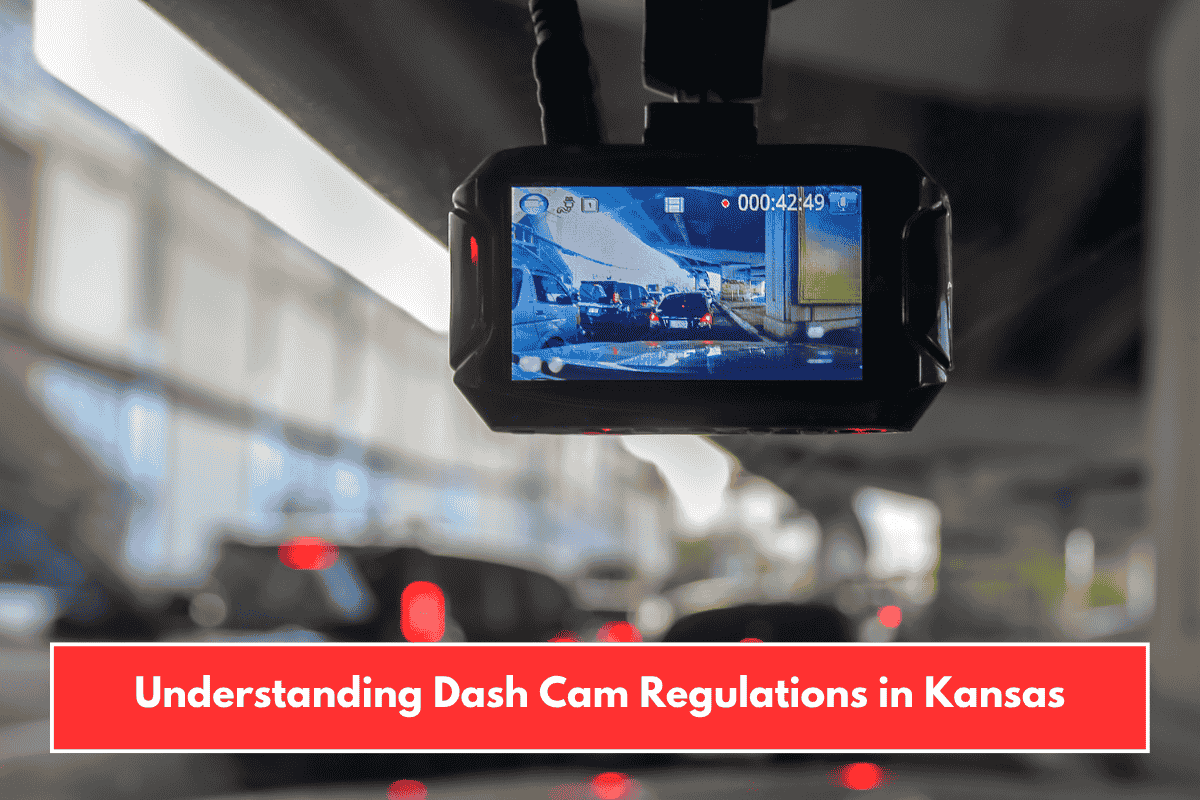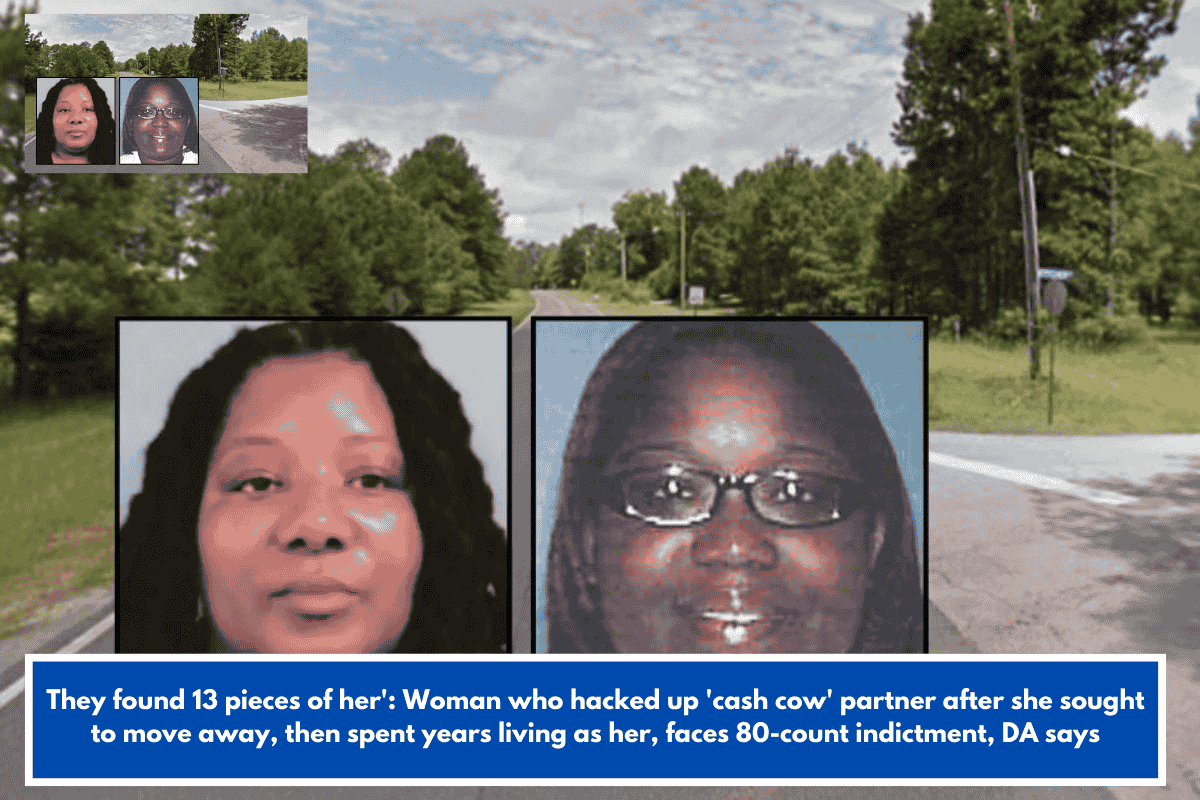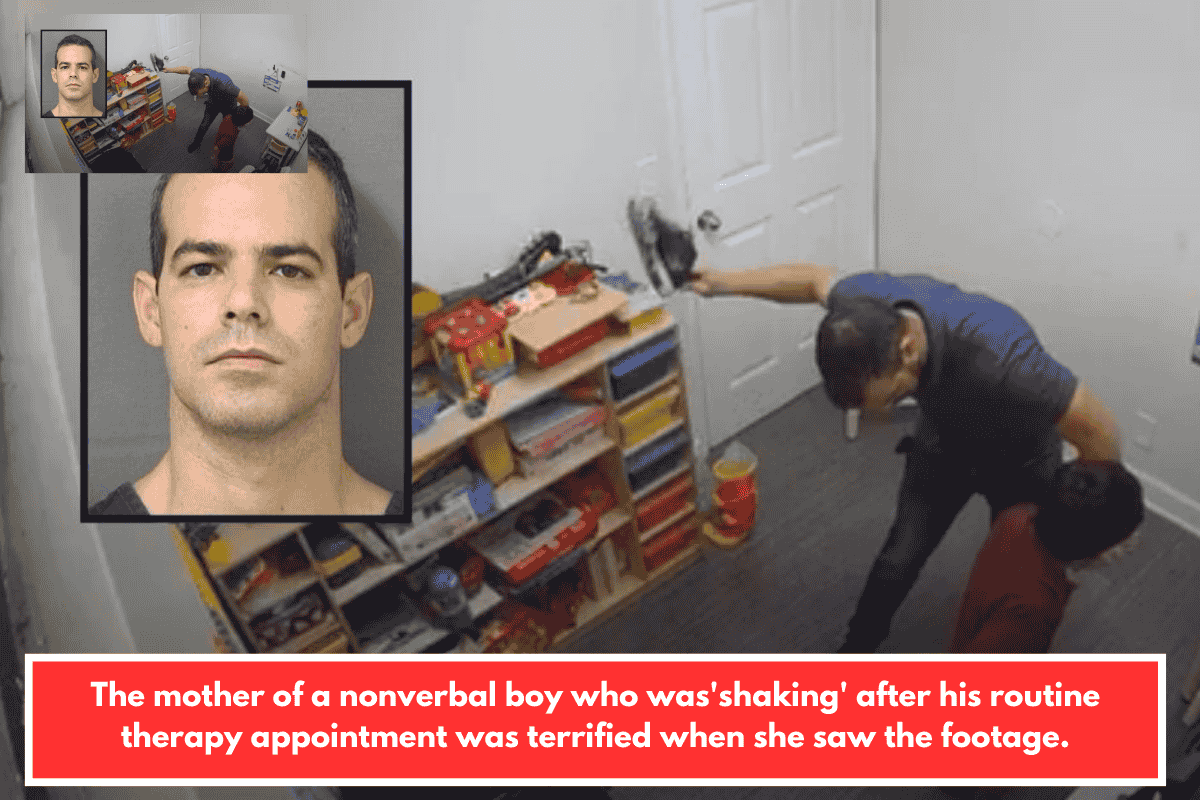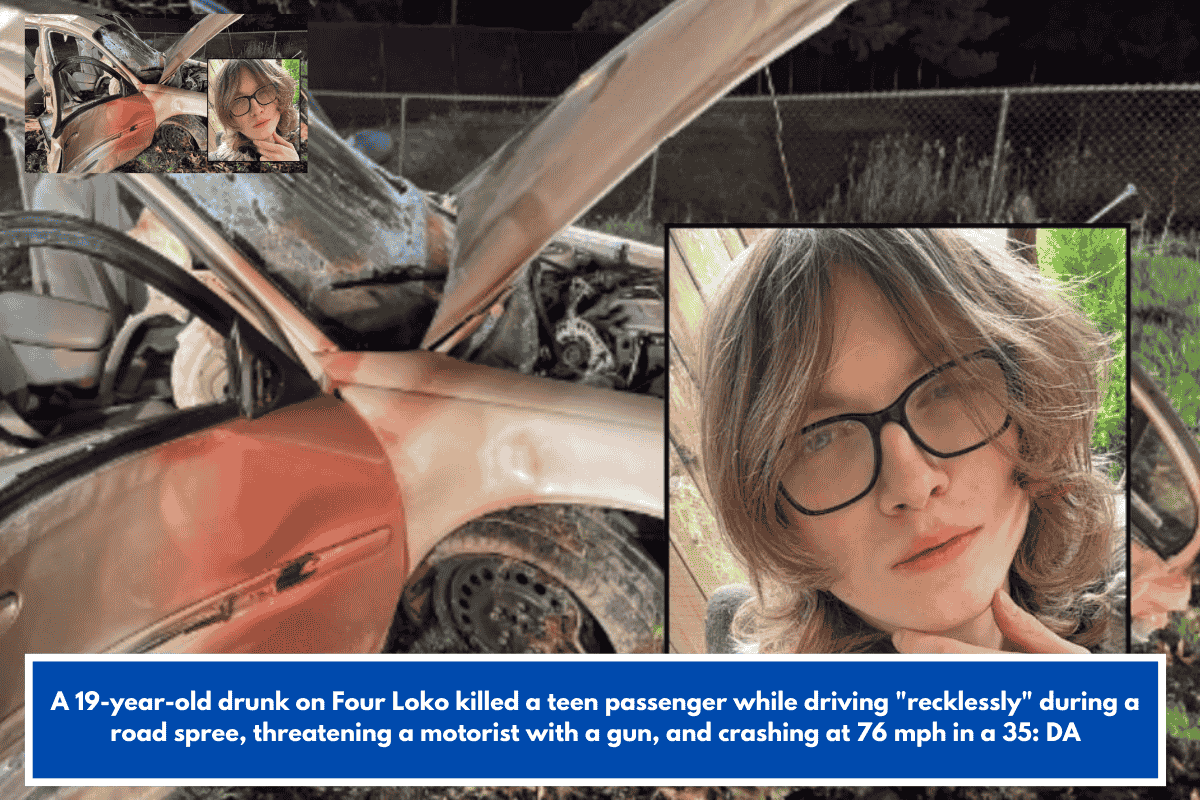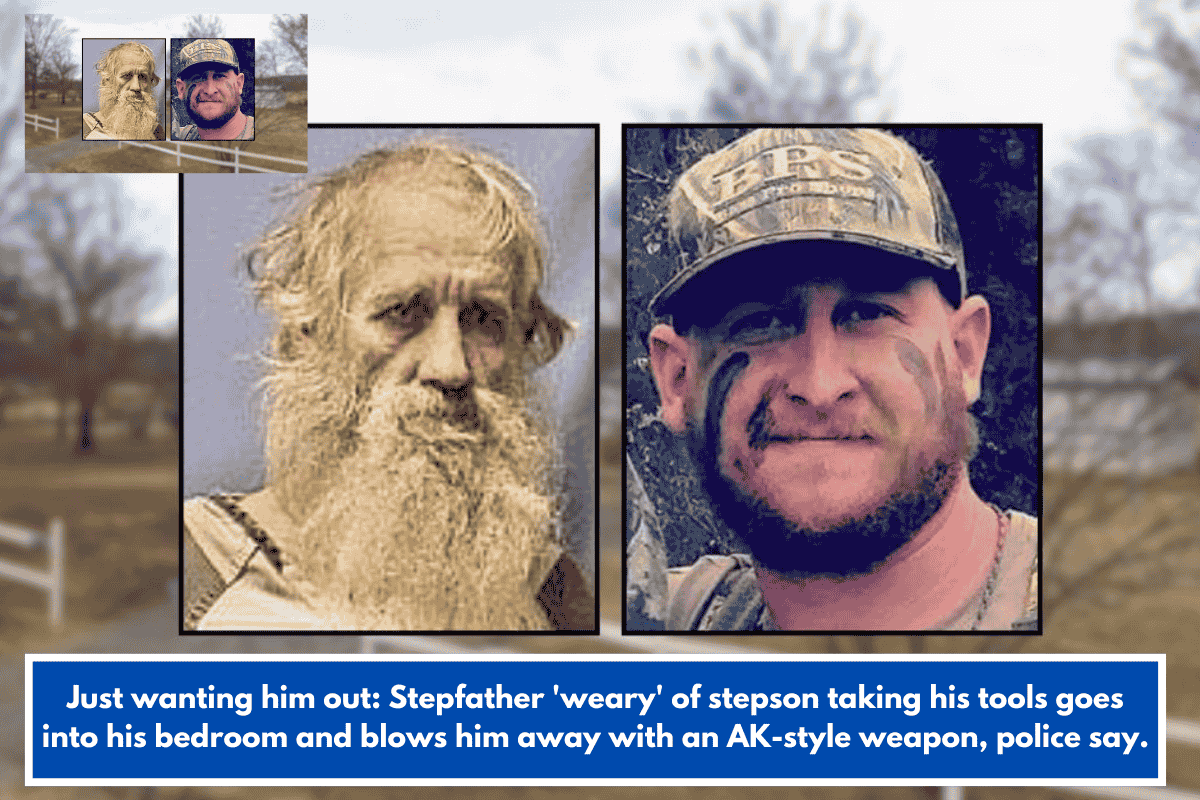Dash cams are small cameras placed on your car’s dashboard or windshield. They can record while driving, which helps with insurance cases, traffic fines, or unexpected accidents. But like many tools, they come with rules. In Kansas, you should know what’s allowed and what’s not. This article explains dash cam regulations in a simple way so everyone, including teens, can follow it easily.
What Dash Cams Can Do in Kansas
In Kansas, you can use dash cams freely while driving. They are legal and can record video of the road ahead and around your car. Many drivers use them for safety, proof during accidents, or just to capture unusual or interesting events. Dash cams are good for encouraging safe driving and helping during insurance claims.
Privacy Rules and Expectations
Kansas does not have specific laws on dash cams. Instead, these cameras are allowed as long as they don’t disturb others or invade privacy. For example, a dash cam on your windshield must not block the driver’s view. Also, recording private places, such as inside someone’s home, might be illegal. Use dash cams responsibly and do not invade other people’s privacy.
Where You Can Mount a Dash Cam
State law requires drivers to keep their windshield clear. A dashboard or windshield-mounted camera must not take up space needed for safe driving views. Many dash cams use small suction mounts and don’t significantly interfere with visibility. The safest choice is placing the dash cam near the rearview mirror or low on the windshield.
Audio Recording Rules
Kansas is a one-party consent state. This means only one person in a conversation needs to agree to being recorded. So, if you are part of the conversation—such as talking through your car’s microphone—you don’t need others’ permission. However, if your dash cam picks up conversations with passengers or others, be mindful. Recording private talks without permission can be tricky and may lead to legal worries.
How Dash Cam Footage Is Used in Legal Cases
Dash cam videos can serve as helpful evidence after accidents. Courts and insurance companies often accept them if the footage is clear and properly saved. Make sure the video is genuine and unedited. Keep the original file and back-up copies. Clear timestamp and GPS (if available) help show exactly when and where the event took place. Video is a powerful tool for proving what really happened.
Can Police Seize Dash Cam Footage?
If you’re involved in an accident or legal issue, the police can ask for dash cam footage. It’s a good idea to cooperate, but you can also make a backup before handing over the original file. Talk to a lawyer if you’re worried. Some states require drivers to provide footage upon request, and though Kansas has no special rule, not sharing evidence may look suspicious.
Using Dash Cams Respectfully
Dash cams can only help if used carefully. Don’t record inside private homes or use them to spy on others. Politely tell people if your camera is recording, especially during private or sensitive situations. Using a dash cam responsibly builds trust and respects everyone’s privacy.
Dash cams are legal and helpful in Kansas. They record driving events and protect drivers during accidents. Just be sure they don’t block your view, don’t invade privacy, and follow state laws. Keep clear footage with timestamps and GPS to help in emergencies. With responsible use, dash cams can be a smart tool for safety and proof.
SOURCES
[1] https://www.expertmarket.com/dash-cams/dash-cam-laws-by-state
[2] https://www.ddpai.com/blog/dash-cam-laws/
[3] https://facit.ai/insights/dash-cam-laws-by-state
[4] https://www.blackboxmycar.com/pages/are-dash-cams-legal-in-my-area-dash-cam-laws-in-every-us-state
[5] https://www.devaughnjames.com/blog/car-accidents/will-a-dashcam-help-my-case-if-im-involved-in-a-car-accident/

